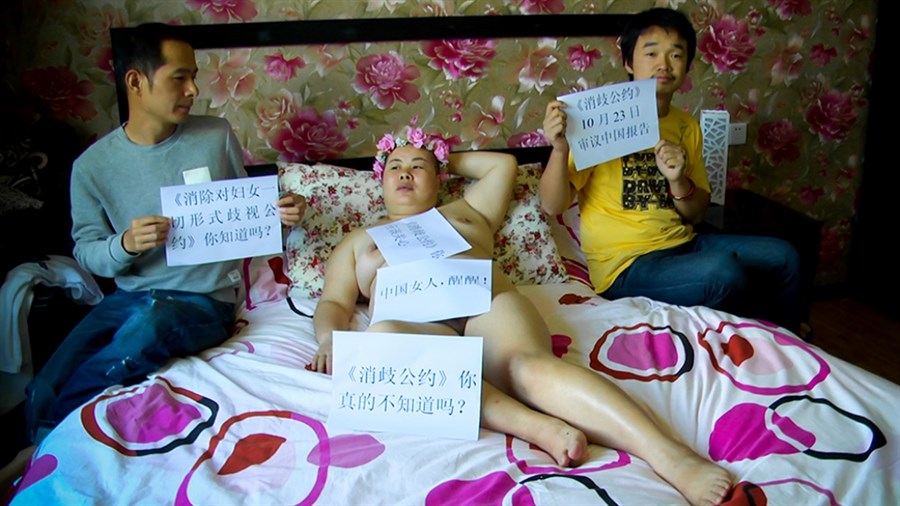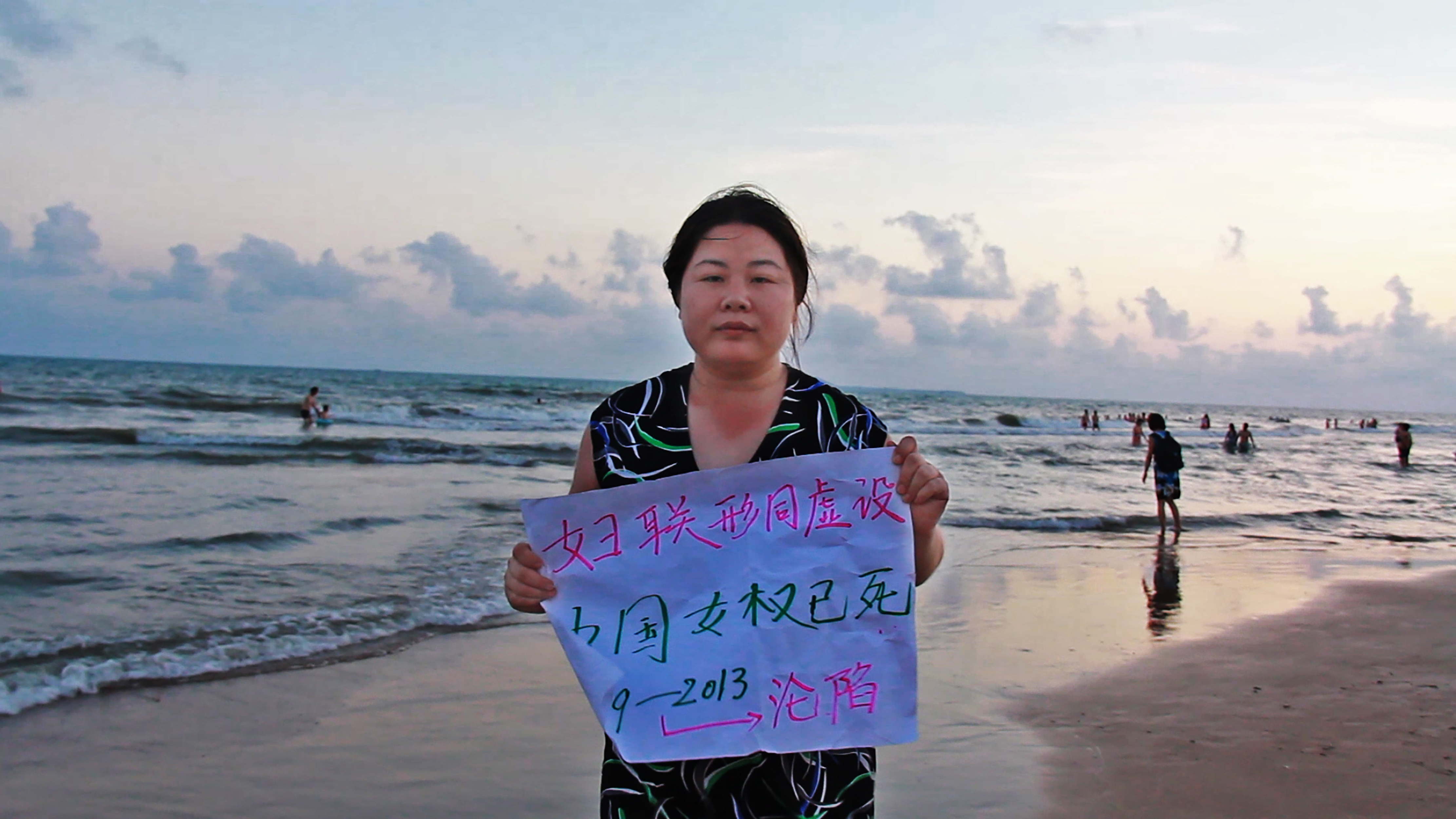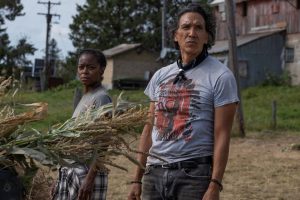Reviews include Superman, Apocalypse in the Tropics, and To a Land Unknown.
Hooligan Sparrow Takes Flight
August 26, 2016
by Alice Shih
From globalization to climate change, there are myriad issues surrounding China’s throbbing metropolises.
And indeed, every industrial city. But in China’s vast economy, which tends to be driven by a workforce of migrant men and women, a lesser known problem relates to the oldest industry in the world: prostitution.
It’s a tricky (often sticky) situation, since the more, shall we say… desperate? men claim to “need comfort,” and that’s tough, given that their wives and partners are usually back home. Nevertheless, like many laws skirted in the country, the fact that the sex trade is illegal in China seems to be irrelevant. And while this is a two-way street for both parties, preventing the spread of AIDS becomes insurmountable without regulation or legislation to protect sex workers.

Taking the matter in her own hands is women’s rights activist Haiyan Ye, nicknamed “Hooligan Sparrow,” who offered her body to those who wanted it in exchange for an education on sexual health. (Free sex, anyone?) Some have considered Ye worse than a prostitute, stating she wants sex so badly she would do it for free; others, more reasonably, understand her motive and respect her actions as a form of sex therapy. Regardless, it’s a ballsy approach to promote safe sex, and her selfless and unconventional way of delivering goodwill caught the attention of many in China, including debut documentary filmmaker Nanfu Wang, who captured this unique story.
Hooligan Sparrow, opening this week after a successful Hot Docs and Sundance run, has an unusual genesis. Wang never imagined herself to be a filmmaker—she didn’t even see a film herself until she was twenty years old. That said, her research into women’s rights in China while studying abroad in the US made for a particularly great fit to document Haiyan’s body of work.

“I didn’t watch television until I was nineteen, and films were not shown on TV at the time,” Wang said in an interview. “We had limited access to news as well. The first documentary I saw was in the US, when I was doing my postgraduate in news studies.” So often we read about our filmmakers’ favourite films, underlining the idea that film appreciation is essential to the director’s chair.
Sometimes, however, genuine stories find a way. “The more I got to know Sparrow, the more I wanted to help with her work. I thought making a documentary on her would be the best approach.”
The documentary looks at a case study of Ye’s work in full. Wang went back to China to meet Ye, where in Hainan, six school girls between the ages of 11 and 14 were taken by their principal to a hotel and offered to an official as sex bribes. Ye fought to expose this terrible crime that sadly resulted in zero charges despite severe allegations of rape. Also disgusting was the bureaucratic fallout: parents of these daughters were told the girls could be charged for prostitution, as the principal argued there was an exchange of money involved.

With a unique mix of red tape and corruption afoot, what does one do? Ye posted online, inviting principals, officials, and other sexual deviants to come to her for free sex—instead of abusing young girls. Inequality of the sexes is still a critical issue in developing countries (and certainly, even in the developed world), and girls have always been the most vulnerable (virgins are considered to be the most coveted reward for men). Extreme cases like Boko Haram’s abduction, imprisonment, and subsequent rape of schoolgirls have shocked the world, yes, but common forms of discrimination and neglect resulting in low female literacy rate seems to be widely accepted in just as many cultures.
“My mom didn’t want me to finish school after my dad died when I was twelve,” said the director of Hooligan Sparrow. “We were poor, and she was hoping I could find work to support my brother’s education, or to get married early.” This mentality is still prevalent in China today, but when you can walk uninhibited to the Bloor Cinema to see her work, it’s clear Wang has defied the odds: by getting an education, courageously diving into the world of activism in pursuit of justice, and crafting her first film, she’s gained my utmost respect.



